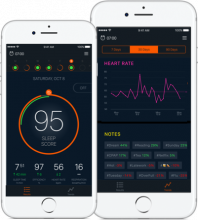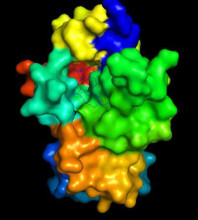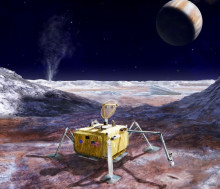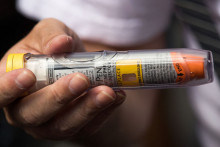Sleep it off: What you can and can’t learn from sleep tracking wearables
Fitness trackers didn't always monitor sleep, but the feature is now a sought-after staple in most devices, as sleep is just as important as exercise to a healthy lifestyle. Most wristbands monitor sleep now, and there are even specialized devices that go on your head or bedside table that can also keep track of how long and how well you sleep each night.












































































